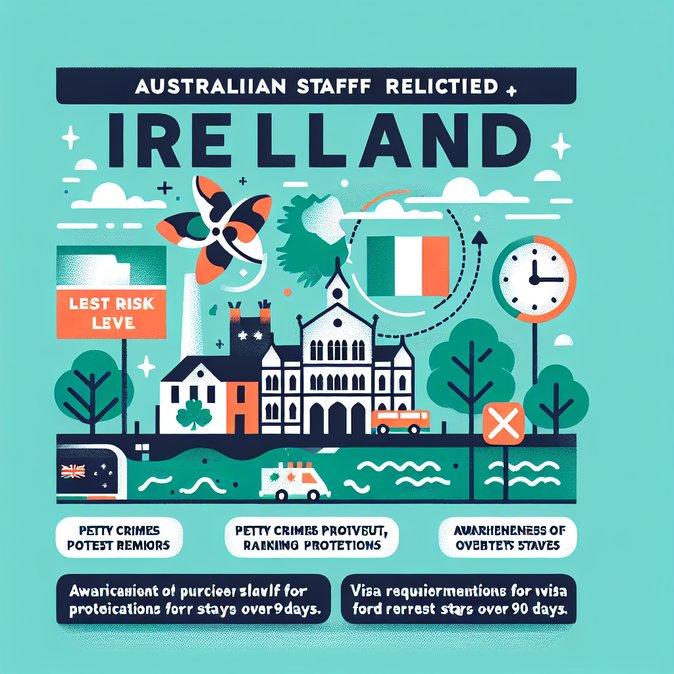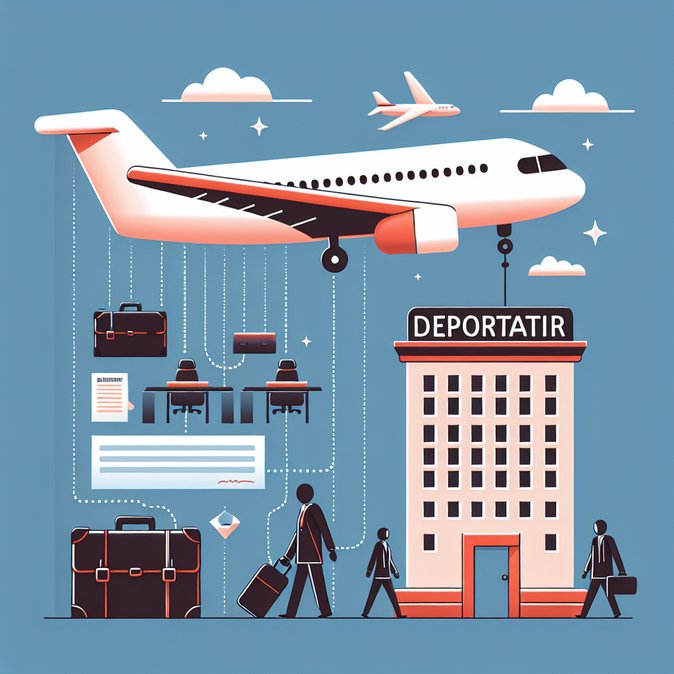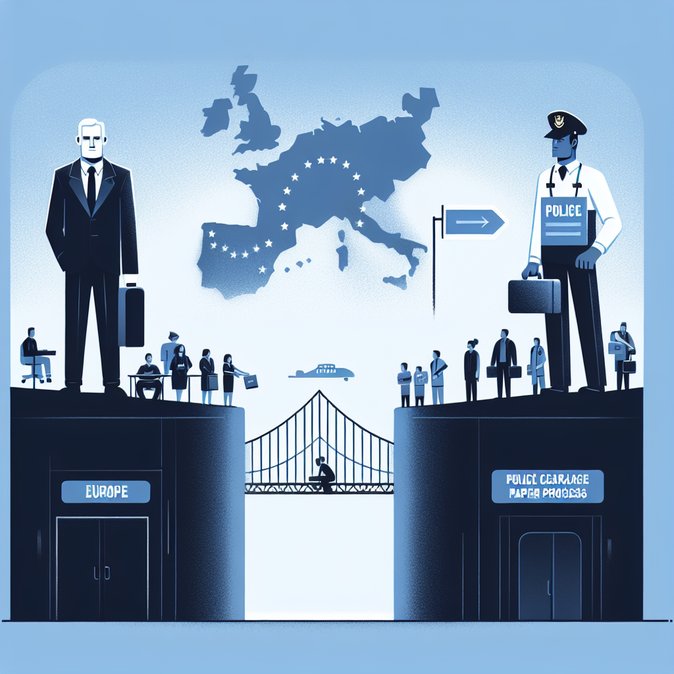
Australia’s Department of Foreign Affairs and Trade reviewed its Smartraveller guidance for Ireland on 9 November, maintaining the advisory level at “Exercise normal safety precautions”. The update, which will remain current until at least 10 November, reiterates that petty crime and occasional protests pose the main risks to visitors. It also reminds travellers that Ireland grants visa-free entry to most Australians for stays up to 90 days, but that a separate UK Electronic Travel Authorisation may be required if entering Northern Ireland.
Although the content appears routine, travel-risk consultants say even minor advisory changes can influence corporate duty-of-care thresholds. Multinationals based in Sydney and Melbourne typically benchmark trip-approval rules against Smartraveller levels; a downgrade to “Exercise a high degree of caution” would trigger mandatory security briefings. For now, no such escalation is needed, but the notice highlights a rise in car-break-ins targeting hire vehicles—useful intelligence for expatriate relocation teams arranging temporary housing and transport in Dublin.
![Australia re-confirms ‘exercise normal precautions’ advice for travel to Ireland]()
The advisory also flags large-scale demonstrations as a potential flashpoint. That coincides with recent anti-immigration protests in Irish cities, reminding mobility managers to brief inbound assignees on avoiding civic-unrest hotspots.
Practical tip: Australian passport holders who plan to work remotely from Ireland for more than three months still require an employment-permit or Stamp 0/Stamp 1G authorisation; the Smartraveller page links to Irish Immigration’s new “Work in Ireland” portal launched in September.
Companies should circulate the refreshed guidance to employees ahead of the Christmas travel peak, when Irish airports expect record volumes and stricter security screening times.
Although the content appears routine, travel-risk consultants say even minor advisory changes can influence corporate duty-of-care thresholds. Multinationals based in Sydney and Melbourne typically benchmark trip-approval rules against Smartraveller levels; a downgrade to “Exercise a high degree of caution” would trigger mandatory security briefings. For now, no such escalation is needed, but the notice highlights a rise in car-break-ins targeting hire vehicles—useful intelligence for expatriate relocation teams arranging temporary housing and transport in Dublin.

The advisory also flags large-scale demonstrations as a potential flashpoint. That coincides with recent anti-immigration protests in Irish cities, reminding mobility managers to brief inbound assignees on avoiding civic-unrest hotspots.
Practical tip: Australian passport holders who plan to work remotely from Ireland for more than three months still require an employment-permit or Stamp 0/Stamp 1G authorisation; the Smartraveller page links to Irish Immigration’s new “Work in Ireland” portal launched in September.
Companies should circulate the refreshed guidance to employees ahead of the Christmas travel peak, when Irish airports expect record volumes and stricter security screening times.


